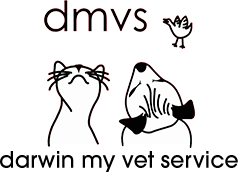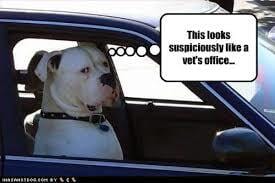Darwin My Vest Service is your first point of call if your pet needs surgical procedures, blood tests or diagnostic work. We combine specialist equipment with highly trained veterinarians well versed in the latest diagnostic techniques and surgical procedures.
A quick reminder that all surgery, diagnostic procedures and Geriatric Heath Profile appointments must be made 24 hours in advance.
For any more information on surgical procedures, blood tests or diagnostic work, please don't hesitate to get in contact with us.
What To Expect
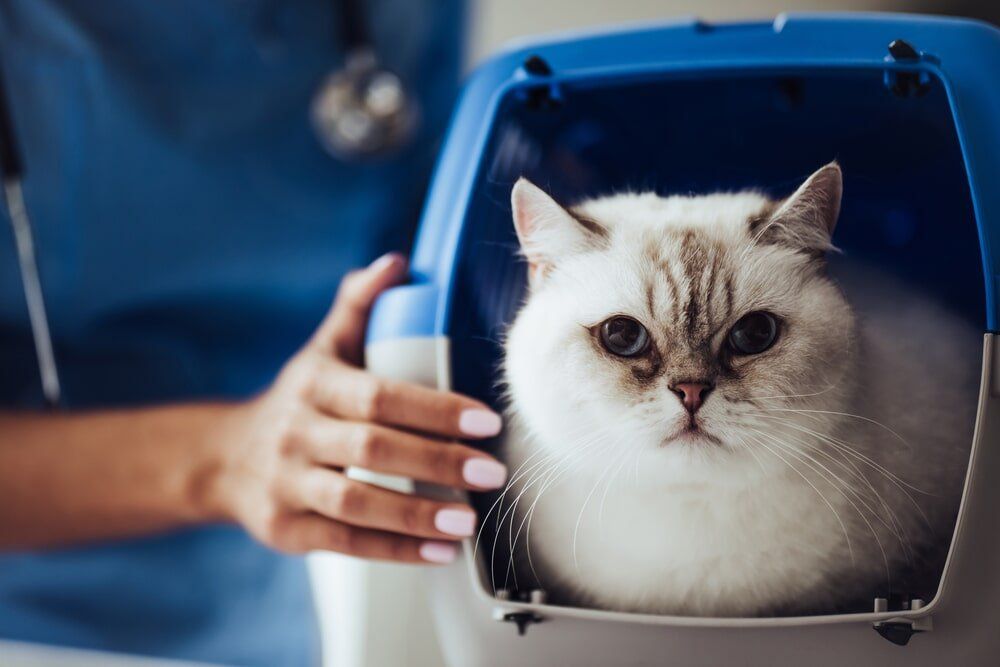
Consultation & Waiting Room Etiquette
We aim for our hospital to be a safe space for all pets and owners, which is why we require all pets be adequately restrained and under control in the waiting and consultation rooms. If your animal is aggressive or has the potential to become aggressive towards other animals or people, please advise reception staff when booking your appointment. We are happy to provide muzzles to ensure the happiness and safety of you and your pet. All cats must be transported to and from our hospital in a suitable cat box to ensure safety and calm. If you don't have a cat box they are available to purchase or borrow from reception with a modest deposit
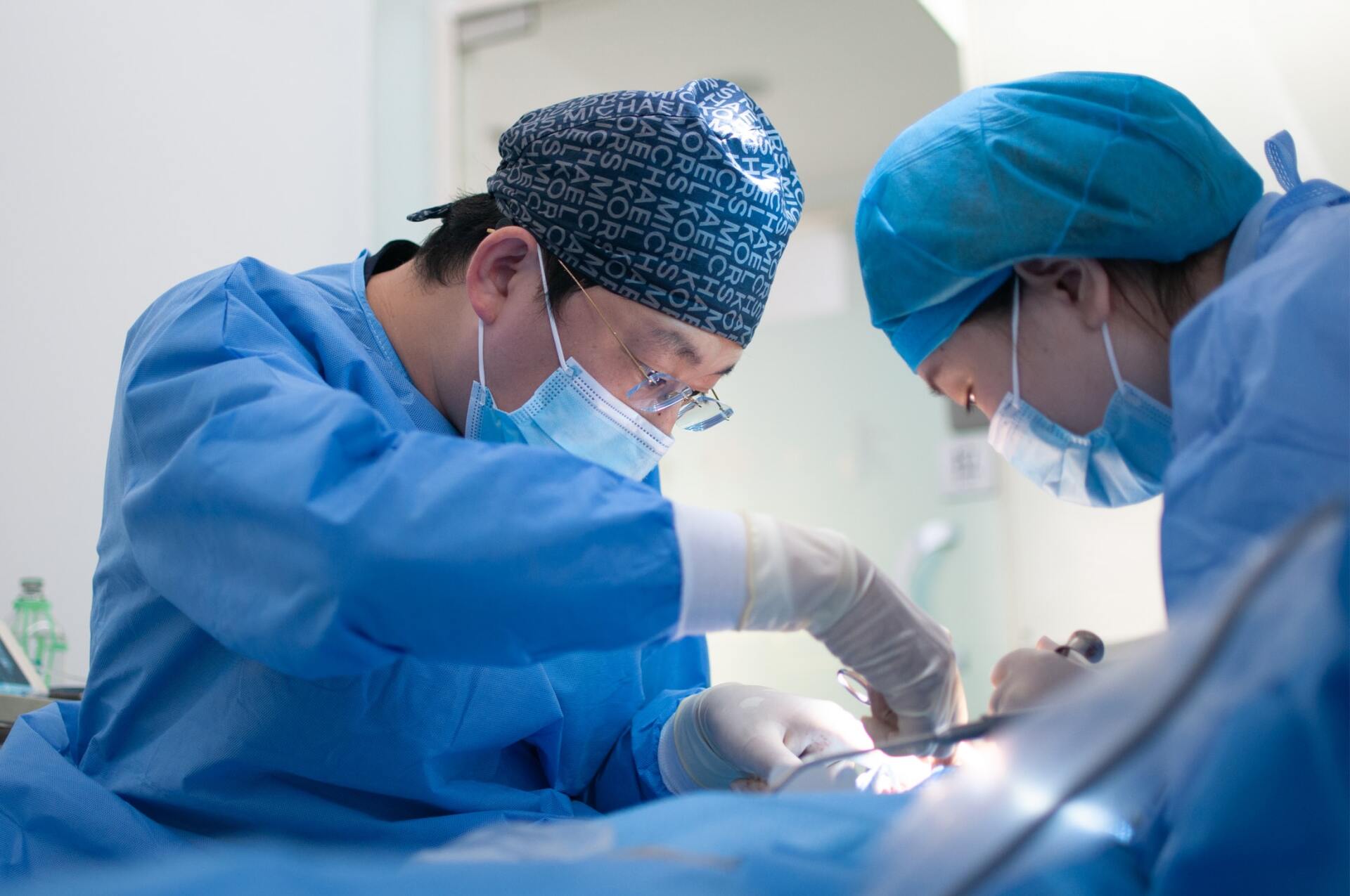
Surgery & Diagnostic Procedures
Surgery can be a stressful process for animals, here's some helpful things to know before your pet comes in for their procedure.
Fasting While continuing to keep your pet hydrated, ensure that they don't ingest anything at least 12 hours prior to being admitted. We recommend keeping an extra eye on cats, as they have been known to wander off and find food themselves.
Bathing Due to the restrictions around bathing post procedure it's important that you wash you pet before they come into the hospital for their procedure.
Anaesthesia To ensure utmost care, we recommend you pet undergo a pre anaesthetic blood screen before most surgical procedures and some diagnostic procedures. The drugs that we administer during procedures are specifically selected for your pet's condition, age and breed. However, as with any procedure that involves anaesthetic, there are risks.
A pre-anaesthetic blood screen allows us to minimise these risks by determining kidney, liver and other organ function. As the organs are responsible for metabolising and eliminating anaesthetics, we can modify the drugs we administer in accordance with the pre-anaesthetic blood screen.
During most procedures we administer intravenous fluid therapy, which allows us to help maintain your pet's blood pressure. This ensures that the body filters out anaesthesia and provides a smoother, faster recovery for your pet.
Consent Forms Before your procedure your veterinarian will provide you with a written estimation and a consent form, which you must return, signed, before your pet undergoes any procedure.
We stress how important it is to ensure your correct contact number is provided on your consent form. If any emergencies or variations to procedures are required you will be our first point of contact. If you are not available, we may be forced to make decisions in the best interests of your pet.
After Surgery or Procedure Our nurses will contact you as soon as the procedure or surgery has been completed to advise you on your pet's condition and recovery, as well as to organise a discharge appointment. The nurse will also discuss any after care instructions for when your pet is ready to return home
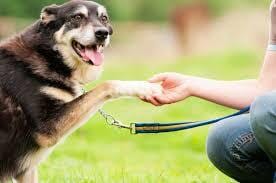
Geriatric Health Profiles
For your Geriatric Health Profile appointments, it's fine for your pet to continue to eat and drink prior to admission. Where possible avoid fatty foods and restrict your pet's urination on the morning of admittance, as urine samples are often required.
Once the profile is complete, owners will be contacted to arrange a discharge appointment. Upon discharge your vet will discuss their findings and recommend any treatments, medication or specific changes that should be considered.
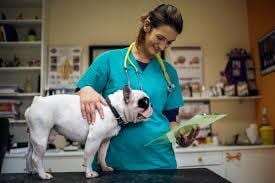
Blood Testing
As a rule of thumb, patients should fast 12 hours prior to being admitted for blood tests. This is unless your pet is diabetic. If this is the case then be sure to feed and administer insulin in the morning prior to admittance unless advised otherwise by your vet.
Monitoring Therapy
To ensure correct medication dosage and successful treatments, all patients with chronic conditions should have their blood therapeutic levels checked every six months.
Hypothyroid dogs should be checked four to eight weeks after therapy has started and following any changes to dosages. A blood sample needs to be taken 12 hours after dosing with thyroid supplement medication.
Thyroid levels in hyperthyroid cats should be checked every four to eight weeks after therapy has started or if the dosage has changed. Random blood samples may be taken in order to monitor therapy.
Phenobarbitone levels for epileptic patients should be checked two to four weeks after therapy has started, or if the dose rates have changed. A blood sample needs to be taken one hour prior to the next scheduled dose of phenobarbitone medication.
Bromide levels in epileptic patients should be checked four months after therapy is started and if the dose rates are changed. The blood sample needs to be taken one hour prior to the next scheduled dose of bromide medication.
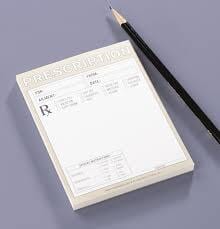
Prescription & Dispensing Policy
After a consultation with one of our veterinarians we are able to dispense Schedule 4 drugs (such as antibiotics). Due to the strict laws surrounding the distribution of these drugs all clients and patients are required to be seen by a veterinarian at our hospital premises.
The exception to this is if you are located in a remote community in which case a consultation may be completed over the phone.
Six months is often the length of time prescriptions are valid. A new consultation is required to obtain a new script after this time period. This helps us monitor your pet's health and condition while still providing the utmost care and treatment, providing the script is within its period of validity and we have full access to your pets medical records, we are able to dispense a prescription from another veterinarian.

Euthanasia
Unfortunately, one of our duties as pet owners, however sad it may be, is to have our pets euthanised or put to sleep. Pets are generally euthanised due to old age, disease, unacceptable behaviour or trauma. Euthanasia is normally considered when the pet's quality of life is poor and a decision is made to end suffering.
If you are unsure about euthanasia, a veterinary consultation should be considered. This will provide you with the opportunity to discuss your pet's condition with the veterinarian and allow for an examination of your pet. The attending veterinarian may recommend additional procedures (such as blood tests and x-rays) that may be undertaken in order to make a more informed decision. Ultimately this is a decision regarding 'quality of life' and you as the pet owner remain in the best position to evaluate your pet on a daily basis.
Preparation for Euthanasia
Once the decision to euthanise has been made your next step is to decide if you would like your pet to be buried at home, cremated or to remain at the clinic for a deep council burial.
Arrange for a friend to drive you to and from the clinic at the time of euthanasia. Think about how you would like the procedure done - do you wish to be present during euthanasia, or would you prefer to say goodbye at home and leave your pet with us? We understand that euthanising your pet is an extremely emotional process. Grieving for your pet is normal and you should allow yourself adequate time to deal with it.
- Mon - Fri
- -
- Saturday
- -
- Sunday
- Closed
Consulting Hours
Monday - Friday 8:30am -1:00pm & 3:00pm-6:00pm
Saturday 8:30am – 3:00pm
